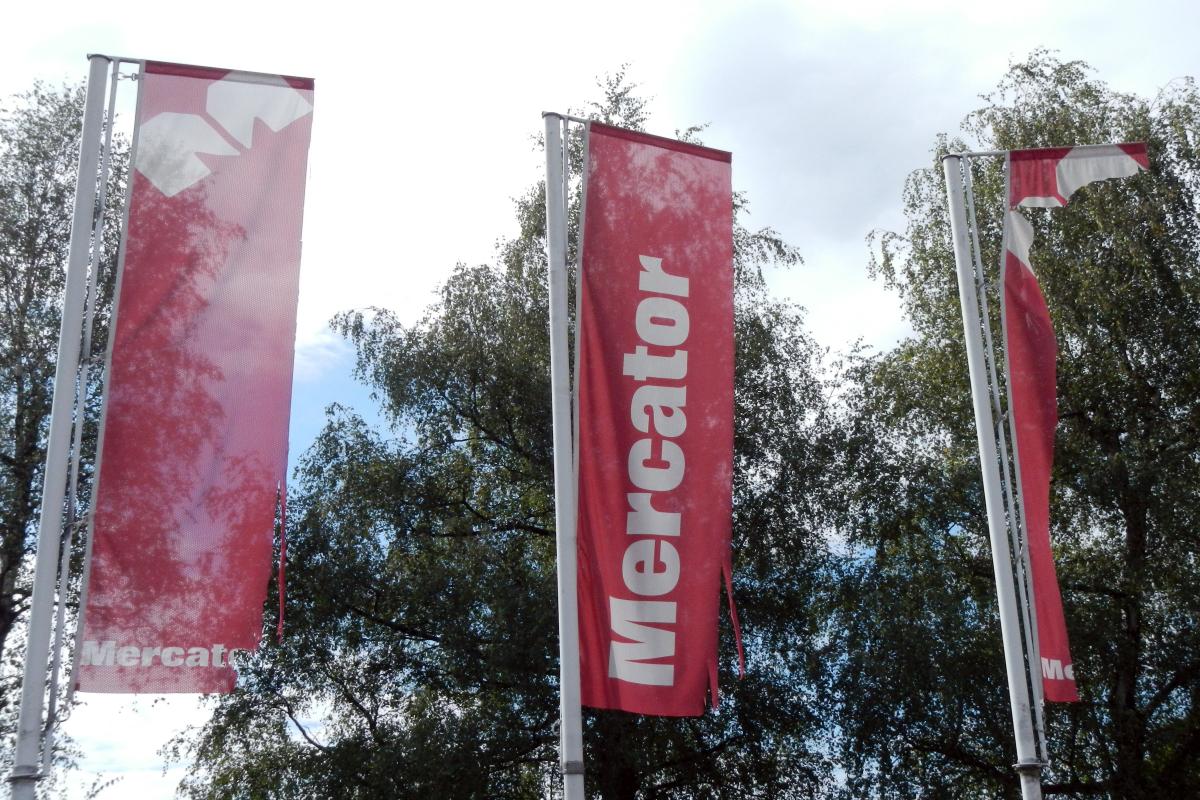
Meanwhile, Mercator plans to lease back the malls. Two sides are apparently flexing their muscles behind the scenes: the Russians and the Americans.
The primary purpose of the real estate monetization is to reduce the debt of the debt-laden supermarket chain and to help it obtain funds for development and for desperately needed investments.
The sale would fund a logistics center in Ljubljana, without which the retailer would face a competitive disadvantage, explains Mercator’s Iztok Verdnik: “We faced many problems and expenses after the fire. The logistics center is important both because it will reduce our costs and because it will make work more efficient. The range of potential buyers for the first round of the sale is extensive. We have invited global real estate funds to participate in the sale; they are expected to buy the malls by the summer. Mercator will then sign a multi-year lease for the part of the malls that it will need for its stores. The key factor is the identity of the buyer and the final purchase price, as well as the terms under which Mercator will lease back the properties.”
There is considerable interest from politicians and debtors in the Agrokor story, of which Mercator is a small part, says agriculture economist Aleš Kuhar: “The monetization of shopping malls makes sense because the popularity of malls is declining in Europe due to their falling profit margins. Mercator’s shift from large malls can be seen as a sign that the retailer is shifting its focus back to small neighborhood stores.

































































